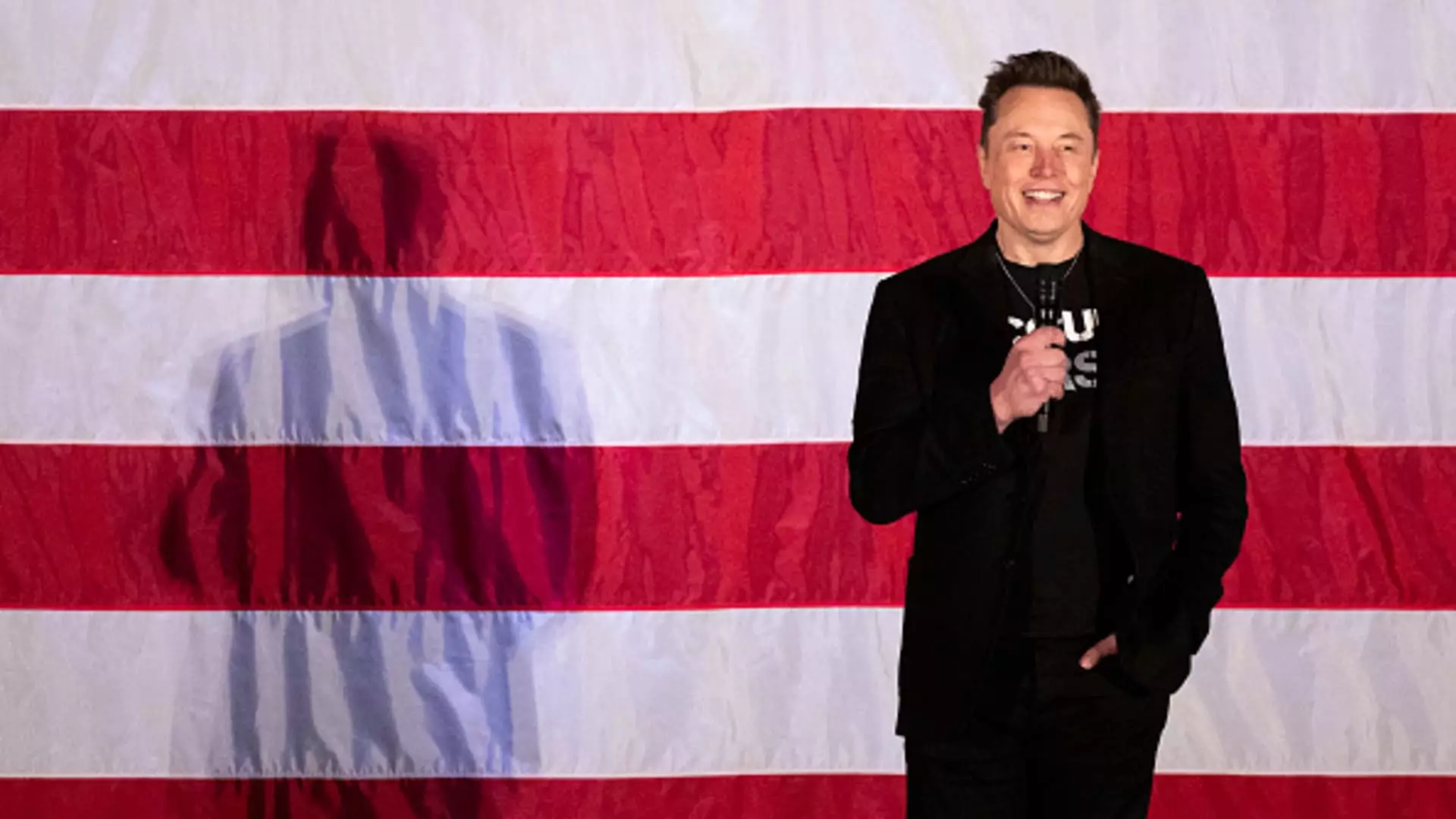The recent lawsuit filed by the Philadelphia District Attorney’s Office has sparked a significant debate about the ethical boundaries of political fundraising and voter engagement in the United States. In an audacious move, Elon Musk and his political action committee, America PAC, initiated a sweepstakes offering $1 million to eligible registered voters in swing states. However, this endeavor is now under scrutiny for allegedly functioning as an unlawful lottery, effectively raising serious questions regarding the legality of such actions in the context of the electoral process.
The Accusations Against Musk and America PAC
The lawsuit, spearheaded by District Attorney Larry Krasner, outlines a series of accusations directed at Musk and his PAC. The central argument posits that the promise of a substantial cash prize—conditioned upon the provision of personal information and a commitment to political pledges—constitutes an illegal lottery under Pennsylvania law. By enticing voters with the chance of winning, Musk’s initiative is perceived not merely as a gimmick but as a manipulative strategy to influence voter behavior in a critical election cycle. Such tactics raise alarms about the integrity of the electoral process, particularly as the nation gears up for a division between major political candidates.
Krasner’s lawsuit reveals that Musk’s announcement during an October rally, wherein he urged voters to submit their personal data in exchange for eligibility to win the $1 million prize, crossed ethical and legal boundaries. The assertion that this represents no more than a lottery emphasizes the questionable nature of the initiative, as it prioritizes financial incentives over genuine civic engagement.
In Pennsylvania, the law stipulates that all lottery activities are strictly regulated by state authorities. The legal framework is designed to protect citizens from exploitation through deceptive practices. By circumventing these laws, Musk and America PAC not only risk legal repercussions but also exacerbate concerns about consumer protection. The lawsuit argues that Musk’s initiative utilizes ambiguous and misleading endorsements that could mislead voters, raising further questions about its legitimacy.
The implications are profound, as Krasner asserted that the DA’s office holds a responsibility to shield the public from predatory practices that threaten the fairness of elections. Given the historical context of corruption and deceit in electoral politics, such enforcement actions are pivotal in maintaining public trust in democratic institutions. If the lawsuit succeeds, it may set a precedent for how political groups can engage with voters, potentially altering the landscape of campaign strategies in the digital age.
The controversy even caught the attention of President Joe Biden, who humorously remarked on the situation during a public appearance, suggesting that he, too, was eligible for the sweepstakes. However, he quickly denounced the notion of rewarding voters with cash as “totally inappropriate”. This response highlights the ongoing tension between political motivations in voting and the ethical considerations surrounding financial incentives. It underscores the palpable divide between conventional notions of campaigning and modern tactics that lean heavily on chance and luck.
Historical Context and Broader Implications
This situation is not an isolated incident; earlier in the year, America PAC was embroiled in investigations related to its collection of personal information from voters in various swing states. The PAC’s tactics of luring voters under the guise of assisting with registration raised red flags regarding its overall mission. Such actions could dilute the voter registration process, rendering it vulnerable to exploitation. If society allows financial rewards to dictate engagement, the implications for democratic norms are troubling.
As the legal proceedings unfold, the case reflects broader themes regarding the intersection of technology, marketing, and politics. The rapid ascent of digital platforms has made it easier for influential figures like Musk to wield their power in unprecedented ways. However, the need for accountability and ethical standards remains unchanged. Future elections must navigate these complexities with a keen eye on preserving the integrity that lies at the heart of democratic engagement.
The lawsuit against Elon Musk and America PAC serves as a critical reminder of the necessity for legal frameworks that govern electoral conduct. The scrutiny over their $1 million initiative not only highlights possible violations of election laws but also prompts a vital conversation about the ethical dimensions of modern political campaigns.


Leave a Reply